Russia is now a liability for Western companies
Companies which have pulled out of Russia have incurred significant costs, but it's been worth it, says John Stepek – they've seen their market value increase.

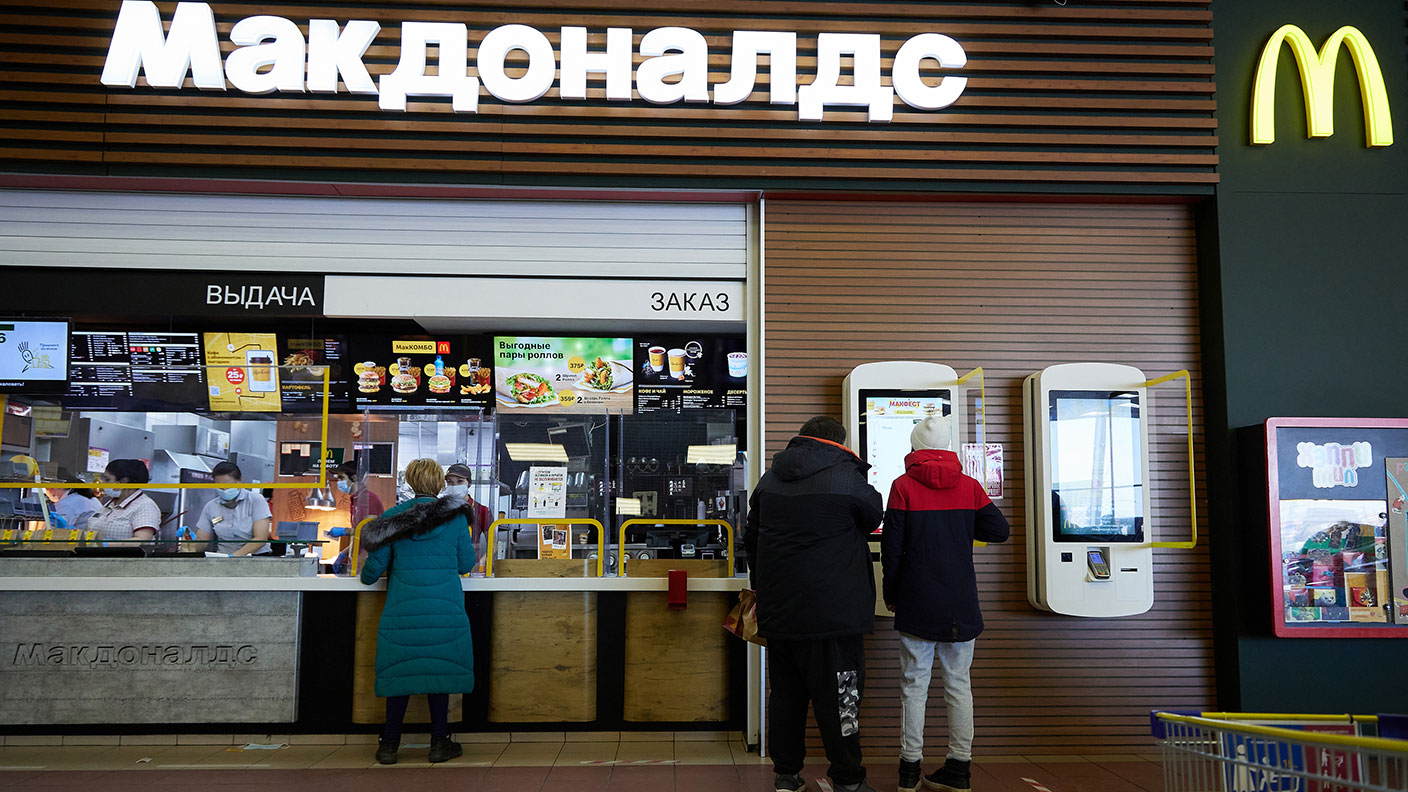
Get the latest financial news, insights and expert analysis from our award-winning MoneyWeek team, to help you understand what really matters when it comes to your finances.
You are now subscribed
Your newsletter sign-up was successful
Want to add more newsletters?

Twice daily
MoneyWeek
Get the latest financial news, insights and expert analysis from our award-winning MoneyWeek team, to help you understand what really matters when it comes to your finances.

Four times a week
Look After My Bills
Sign up to our free money-saving newsletter, filled with the latest news and expert advice to help you find the best tips and deals for managing your bills. Start saving today!
Following Russia’s invasion of Ukraine, hundreds of companies have suspended or pulled out of operations in the country, including fast food giant McDonald’s, oil major BP and hotel chain Marriott, often incurring significant costs in the process.
And yet, according to research from US professor Jeffrey Sonnenfeld and his team at Yale School of Management, the one-off costs are worth it, as far as markets are concerned.
Looking at the share price performance of more than 1,200 firms with business interests in Russia, it turns out, says Sonnenfeld, that “equity markets are actually rewarding companies for leaving Russia while punishing those that remain behind, with divergent stock performance generally corresponding with the degree of Russian exit”.
MoneyWeek
Subscribe to MoneyWeek today and get your first six magazine issues absolutely FREE

Sign up to Money Morning
Don't miss the latest investment and personal finances news, market analysis, plus money-saving tips with our free twice-daily newsletter
Don't miss the latest investment and personal finances news, market analysis, plus money-saving tips with our free twice-daily newsletter
The team split the companies into various categories, ranging from complete “withdrawal”, to “scaling back” to “digging in”. Weighted by market capitalisation (ie, big companies have more weight than small ones), companies that withdrew saw their share price rise by 3.6% from the invasion in late February to 19 April. Indeed, “the shareholder wealth created through equity gains [has] already far surpassed the cost of one-time impairments for companies that have written down the value of their Russian assets”. Those which “dug in” by contrast, lost 6.8% on average.
Rewards for good behaviour?
The paper concludes that this outperformance is due specifically to leaving Russia, rather than compositional effects. For example, Shell and Exxon are both big oil producers who have left Russia, but have also benefited from the surge in oil prices caused by the war, so you might argue that it’s tricky to split out the cause and effect. Yet other beneficiaries include drinks giants such as AB InBev, Heineken and Carlsberg, who are not obvious beneficiaries of rising energy costs.
That said, the idea that companies are being “rewarded for speaking out”, as Sonnenfeld puts it, seems idealistic. Markets can be faddish but they don’t tend to hand out prizes for good behaviour alone. It’s more likely that there was already a long-term “Russia discount” applied to all Russian operations, and that the invasion has tipped the scales so far that exposure to Russia right now is no longer viewed as an asset at all – instead, it’s a liability.
In other words, this looks not so much like a triumph for “doing the right thing” as a fairly rational set of market reactions being played out. That said, it’s another very clear reason – as if you needed it – to be wary of having investment exposure to companies or countries where your property rights cannot be relied upon.
Get the latest financial news, insights and expert analysis from our award-winning MoneyWeek team, to help you understand what really matters when it comes to your finances.

-
 UK unemployment hits highest level since 2021 – will interest rate cuts follow?
UK unemployment hits highest level since 2021 – will interest rate cuts follow?UK unemployment reached its highest rate in almost five years by the end of 2025. Is AI to blame and will the Bank of England step in with an interest rate cut in March?
-
 Did UK inflation fall in January?
Did UK inflation fall in January?After rising in December, analysts expect the next round of UK inflation data to show that disinflation returned in January
-
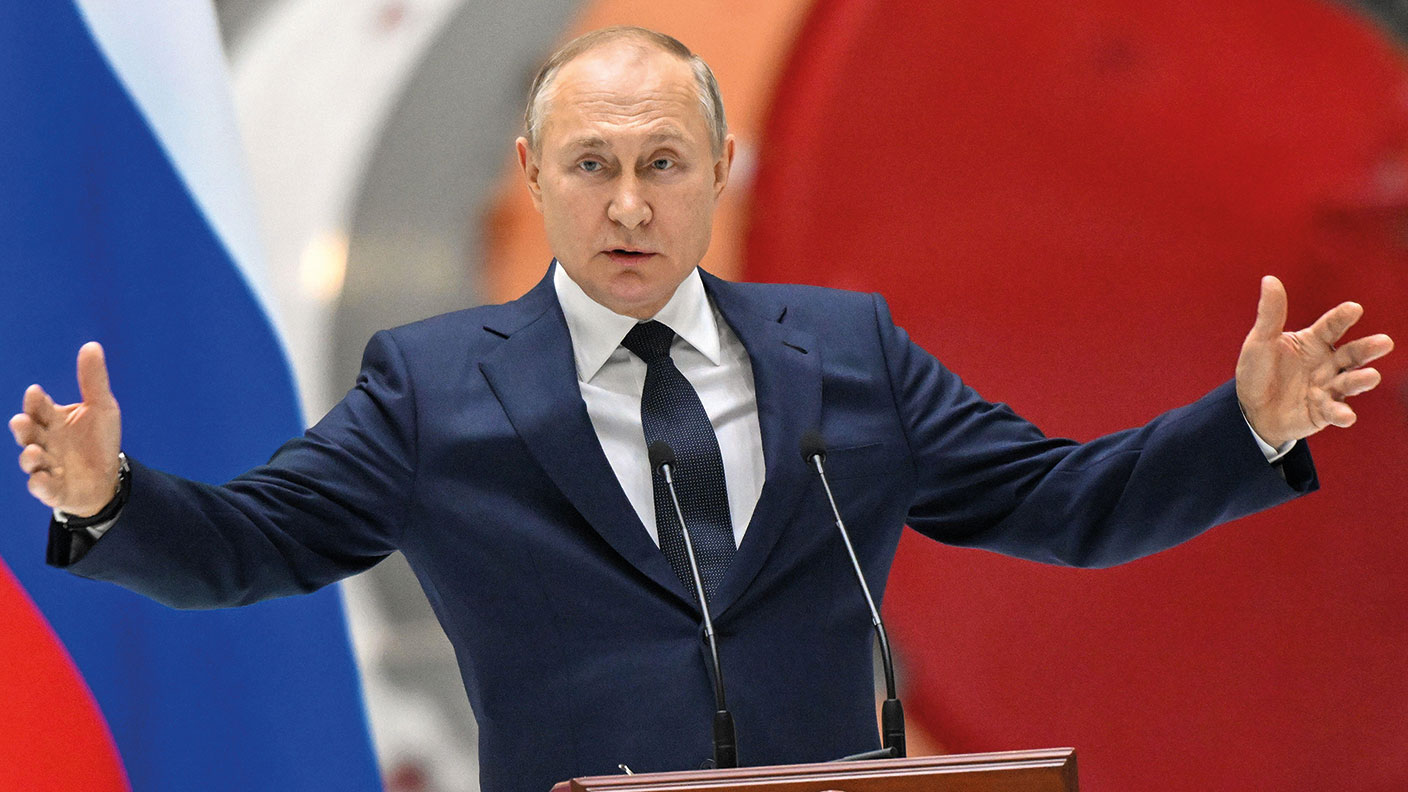 EU tightens the noose on Russia
EU tightens the noose on RussiaNews Brussels has proposed a ban on all Russian oil imports. Could that work? Emily Hohler reports
-
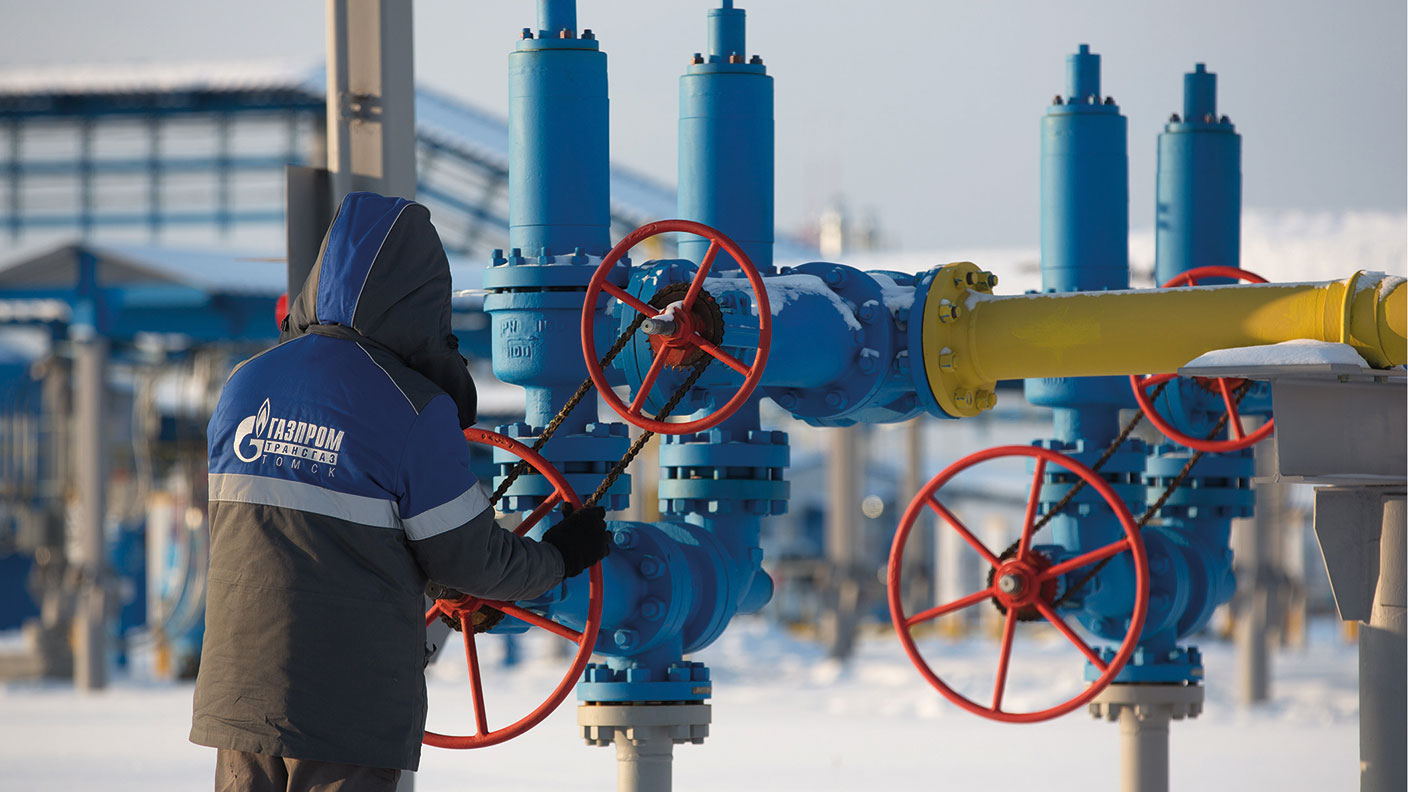 Russia ups the ante on Europe's gas supplies
Russia ups the ante on Europe's gas suppliesNews Russia's suspension of natural gas to Poland and Bulgaria saw the gas price spike by 24%. A complete shut-off could see it rise by 200%.
-
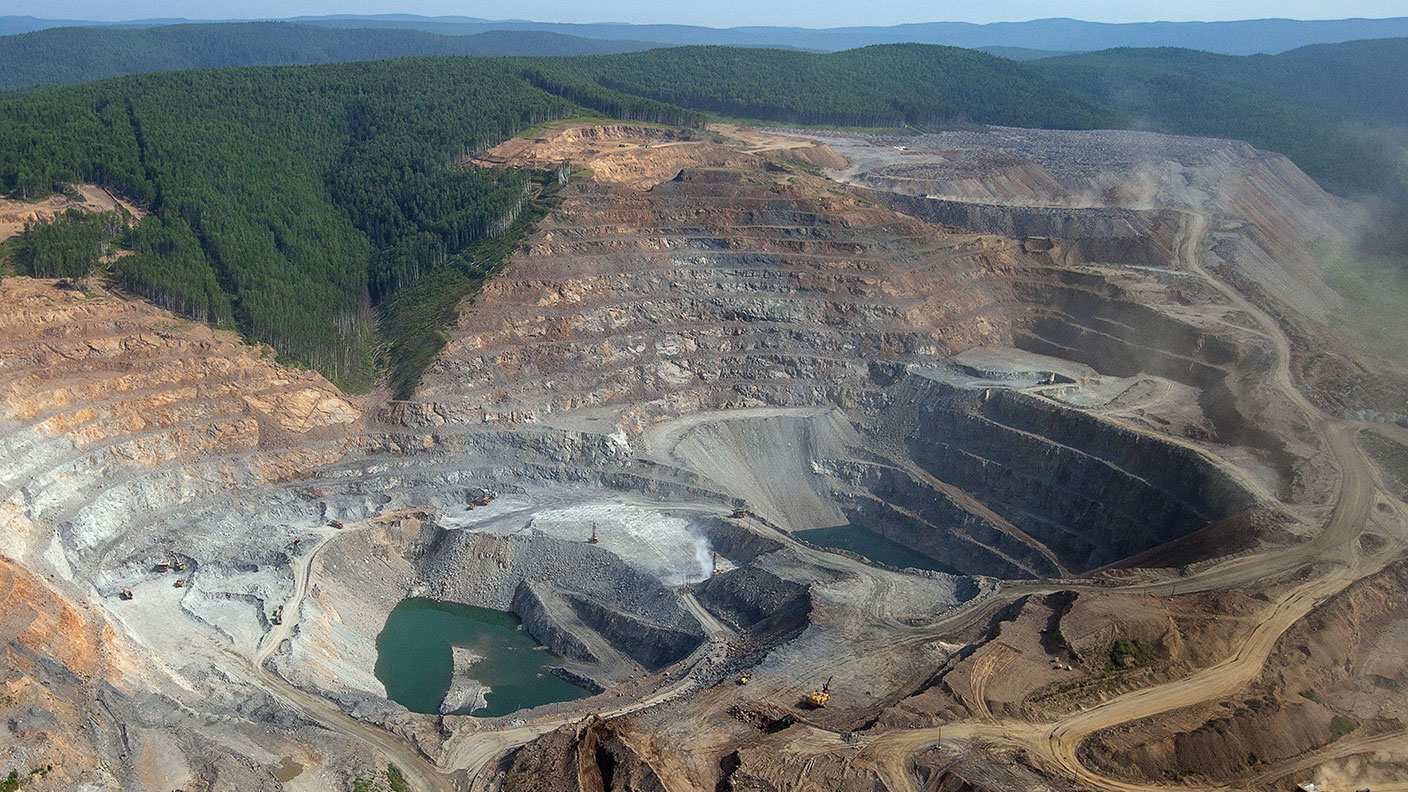 Is this the end of the road for Russian gold miner Petropavlovsk?
Is this the end of the road for Russian gold miner Petropavlovsk?Analysis Shares in Russian gold miner Petropavlovsk have collapsed 90% this year as sanctions have gutted its business model. Rupert Hargreaves asks if the company has a future.
-
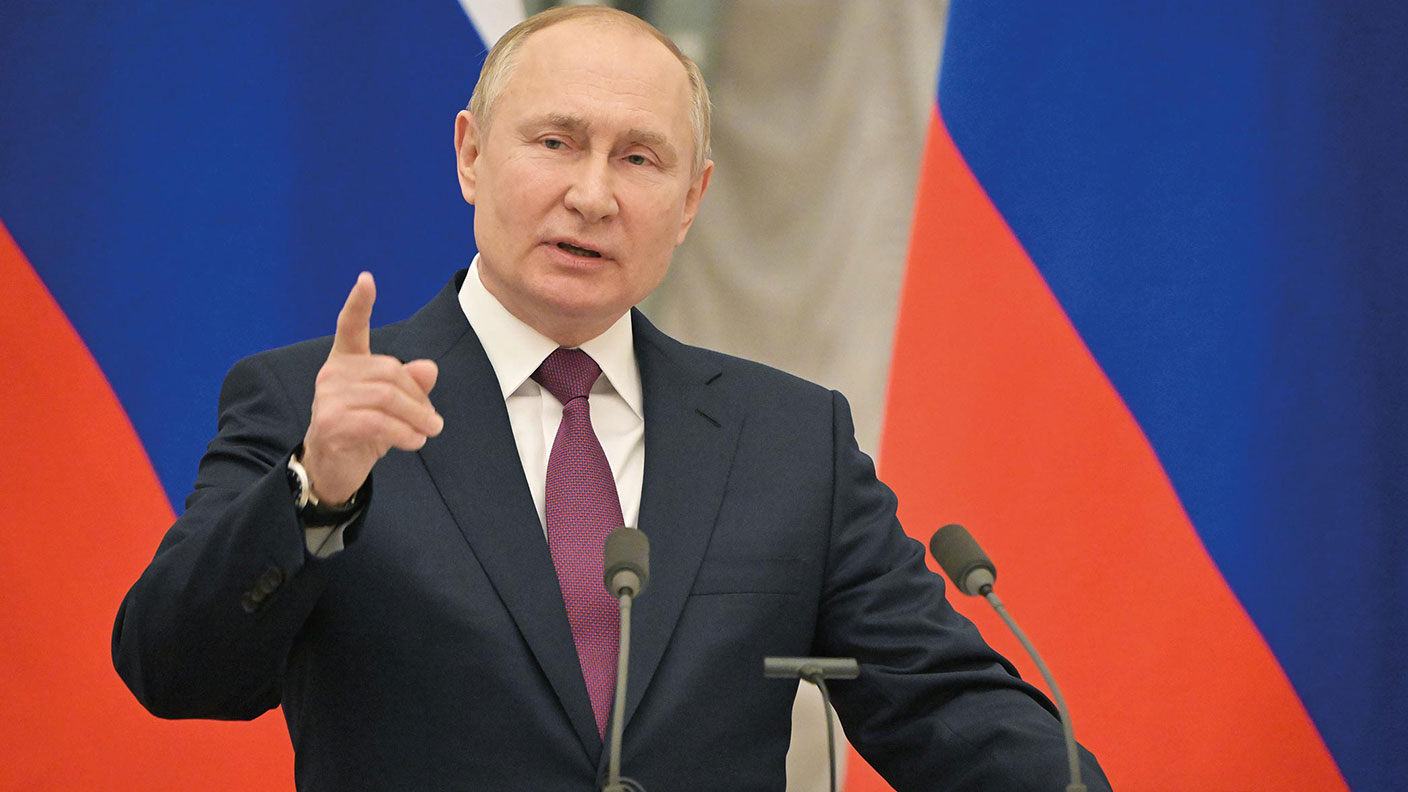 Russia has become uninvestable
Russia has become uninvestableOpinion Geopolitics can create opportunities – but there are times when discretion is the better part of valour.
-
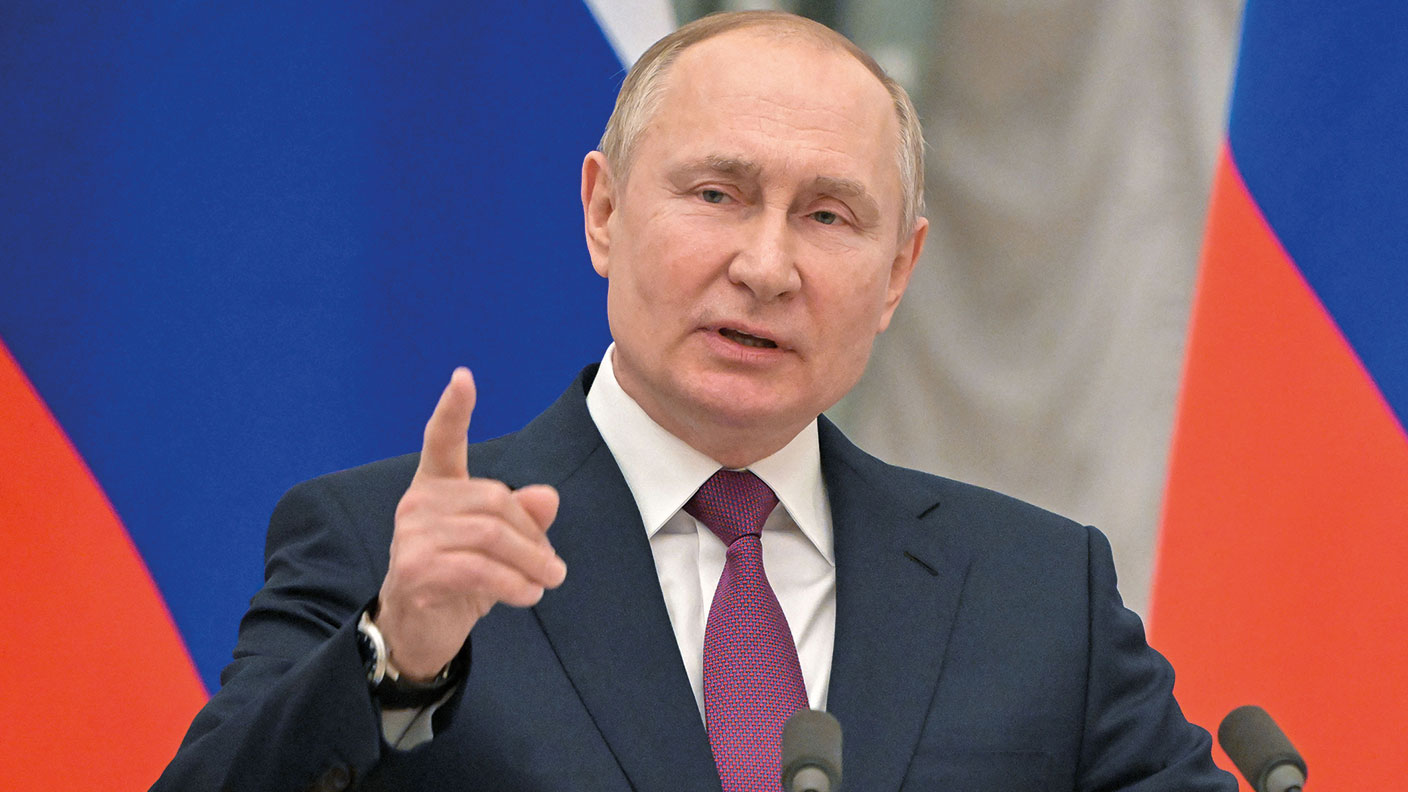 Russian aggression is a big blow for the world’s “net zero” ambitions
Russian aggression is a big blow for the world’s “net zero” ambitionsBriefings Switching the world economy over from fossil fuels to green alternatives was always going to be a challenge. It just got a lot harder. Simon Wilson reports
-
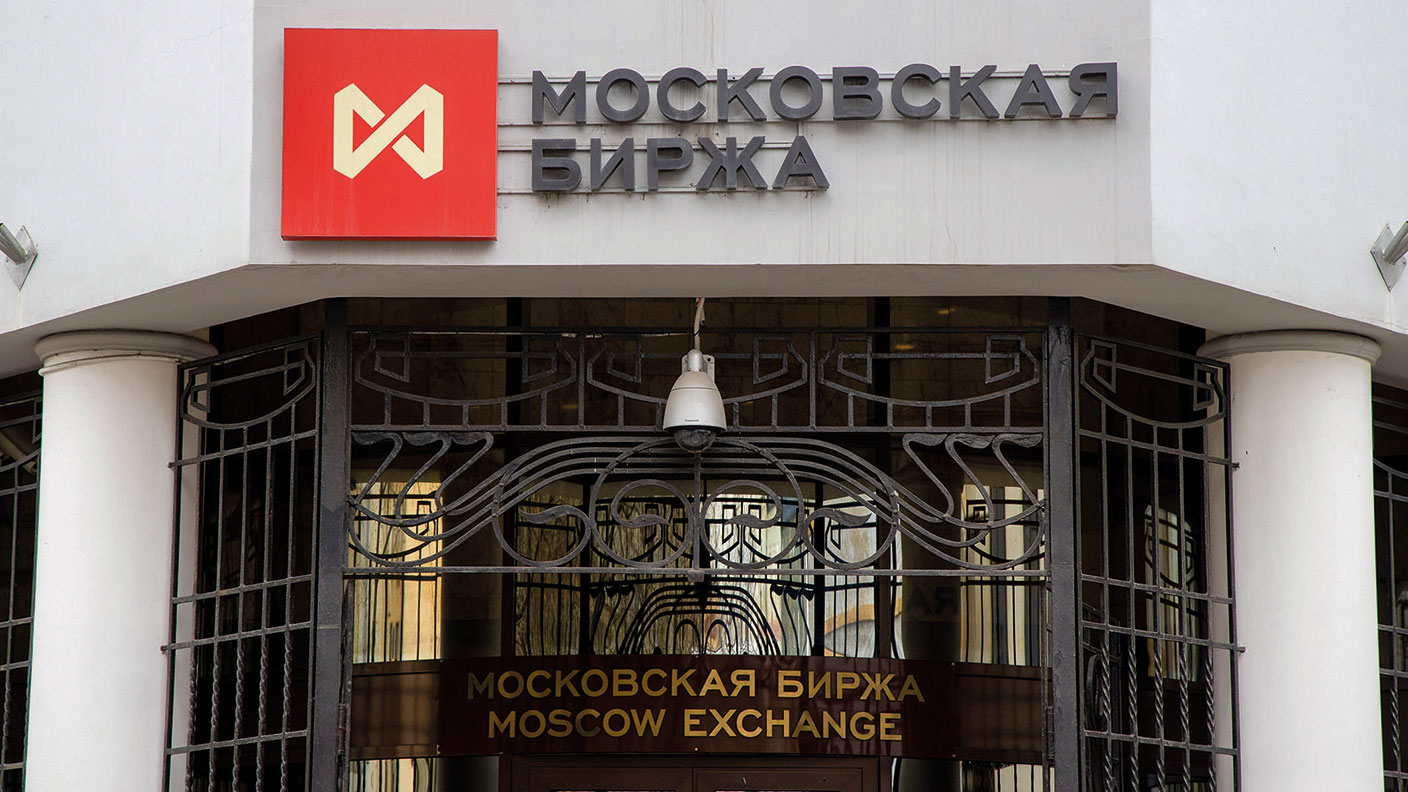 Index firms write off Russian stocks
Index firms write off Russian stocksNews Russian stocks will be removed from MSCI’s main emerging markets index at a price that is effectively zero.
-
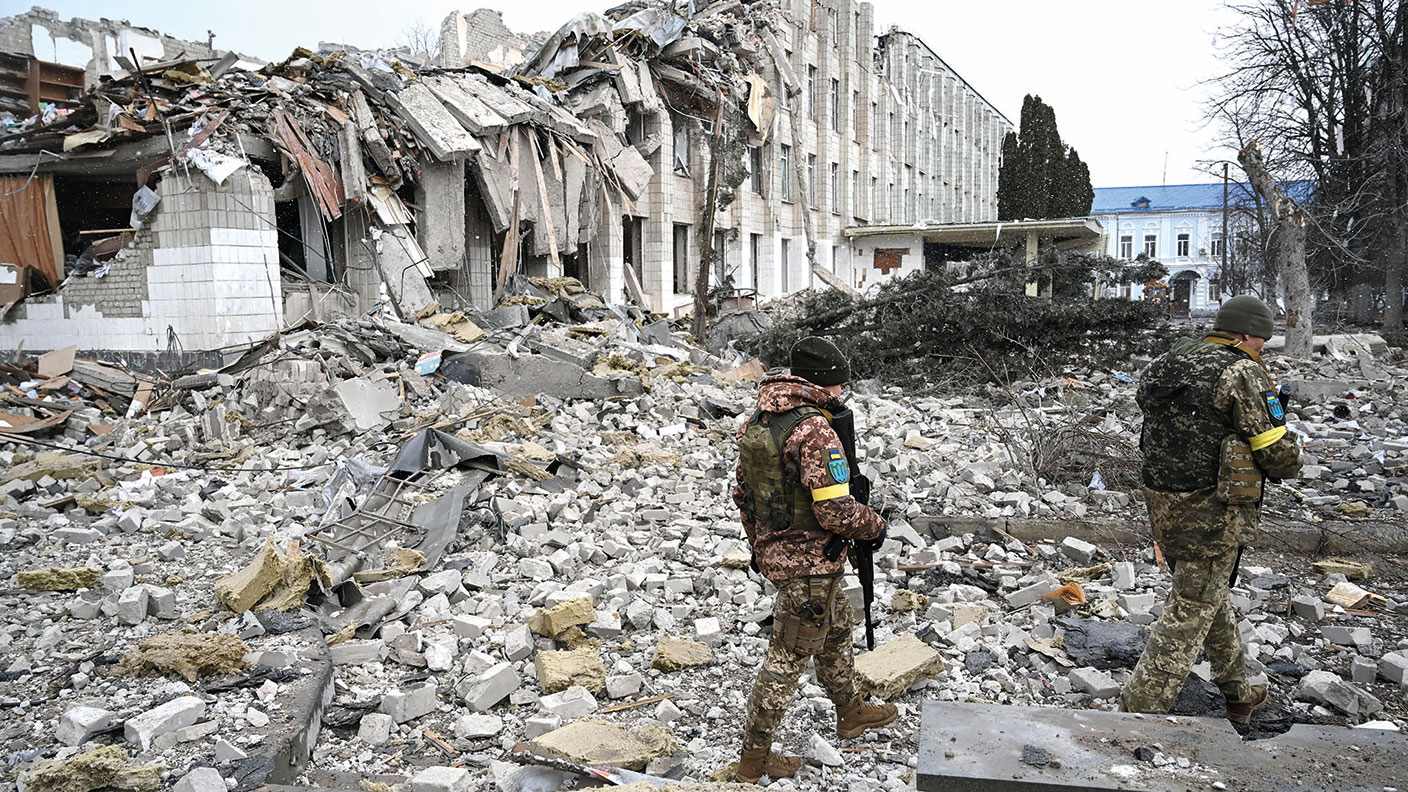 Why inflation matters more than war
Why inflation matters more than warNews Nuclear war isn't the kind of risk that investors can usefully take into account when building a portfolio. Inflation and stagflation, however, are.
-
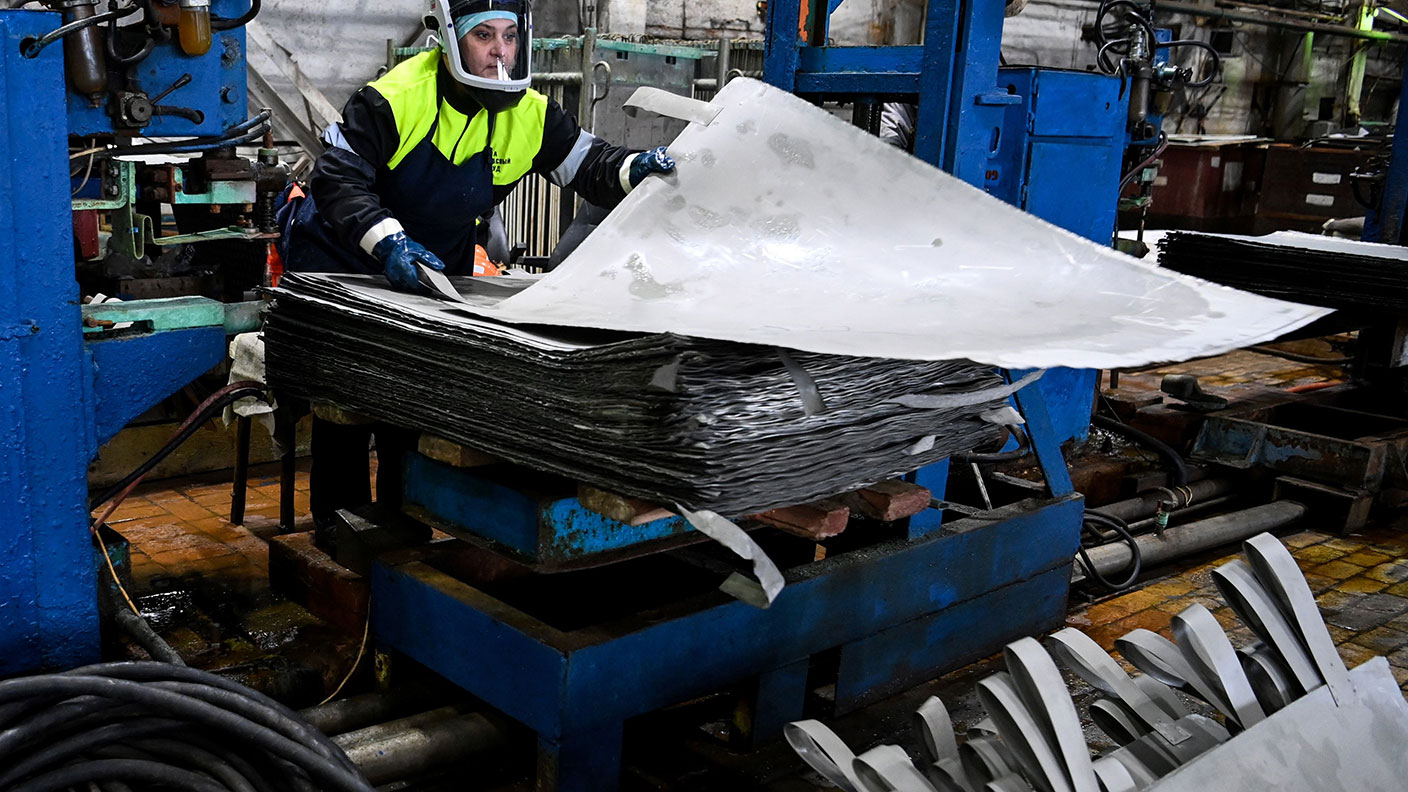 Why has the nickel price trebled since Monday?
Why has the nickel price trebled since Monday?Analysis The price of nickel has risen by 250% this week to over $100,000 a ton. John Stepek explains what's going on and how it might affect you.